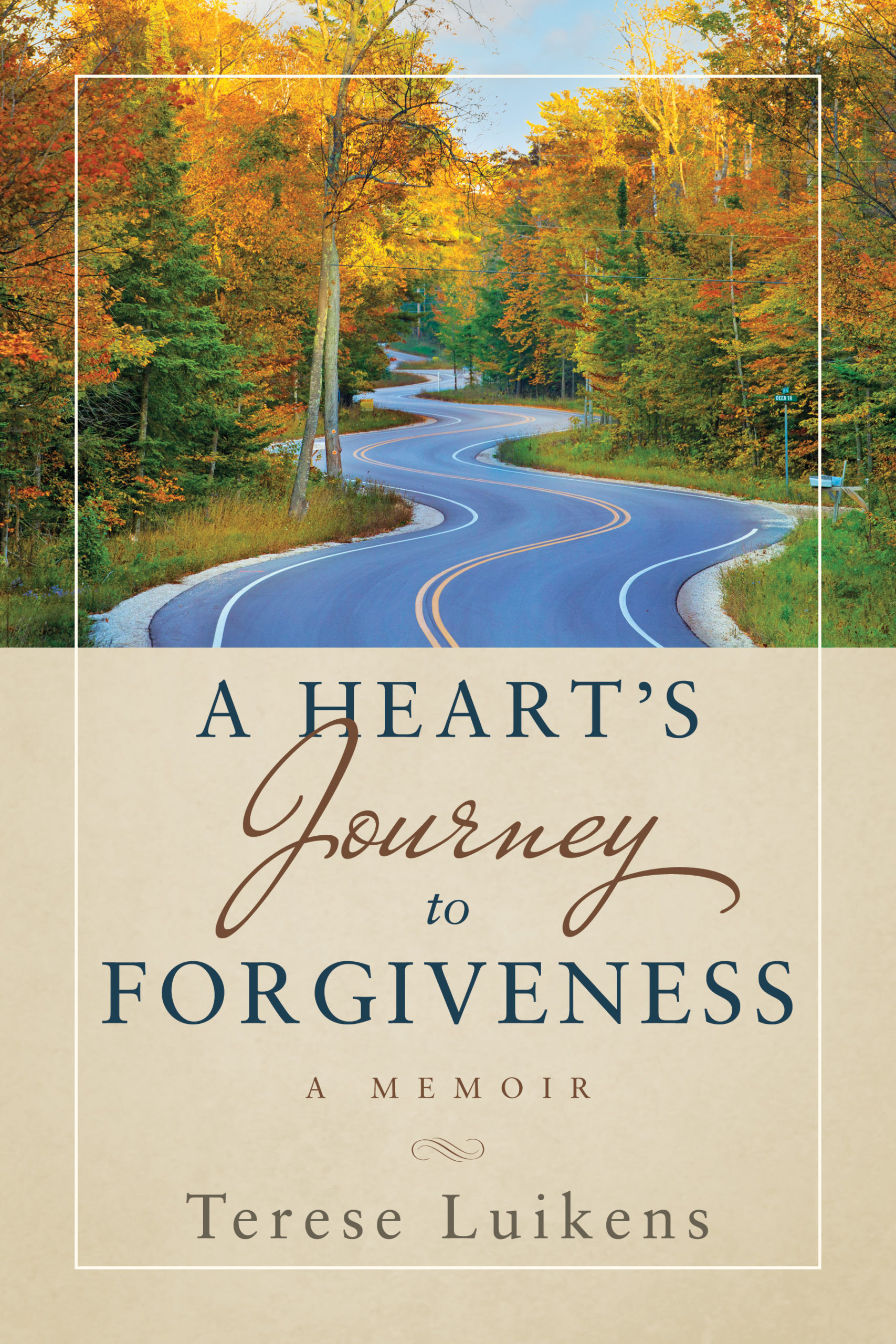
Why Bother Noticing Shame?
There were times in my childhood when an adult reprimanded by saying, “You should be ashamed of yourself.” This expression made me feel small and at the same time, a little bewildered. I was never quite sure how I’d failed. I understood that the adult who’d called me to stand before them and take the scolding was disappointed in me. Yet, whatever I’d done wrong was never explained. Shaming resolved nothing. Instead, it made me feel the need to make something right, but I was never sure what I had to do to make things right.
Mortified
My father’s suicide left me with feelings of shame, guilt and self consciousness. Even though I’d done nothing wrong, I still felt like there was something wrong with me.
According to the religious beliefs I’d grown up with, when my dad ended his life he committed a mortal sin. His suicide was a shameful act, something that was never discussed. Instead, his suicide was ignored and shoved under a rug. My father’s death became cloaked with secrecy and silence, which only affirmed that something was wrong with me.
In high school, I felt like an anomaly. Not only was I without a father, but his death was not accidental; rather, on purpose. Who could understand such a thing? Neither my friends nor me. Even though I had no dad, having no dad never came up in our conversations. Instead we talked about clothes, boys and the latest movie. But not mentioning my father’s death did not make the humiliation of his death go away. Although I wanted to be like all the other girls; carefree, giddy and popular, I knew I was not and could never be.
While anger generates much energy and eventually reveals itself, shame seems to simmer for a long time. Whereas sadness depletes physical and emotional reserves over time, we can live our entire lives without noting the effects of shame. It is almost like a virus that we learn to live with, make accommodations and excuses for its existence.
Leaving high school behind, I thought that if I tried very, very hard to become successful with a career, the stigma that accompanied suicide would miraculously disappear. But I was only fooling myself. Working hard to climb the ladder to success did not give me any relief, contentment or joy. Though I wanted to live my life without having my past attached to me I could not imagine how to detach myself from such a thing as suicide and the tarnish it leaves. I wanted to shed my shame, but I wasn’t sure how.
Shortly after my husband and I were married, we made friends with an older couple. In the course of our friendship, my backstory about my father’s suicide surfaced in causal conversations. Around dinner one evening, with the gentleness of a wise old sage, our friend said to me, “You know it wasn’t your fault.” I’d never heard those words before, and I asked him to explain what he meant. He went on to say that my dad had made a choice and that I was not responsible for the choice he made.
I had taken some of the blame for my father’s death. It had seemed simpler and easier to find fault in myself rather than to take a closer look at my father.
In truth though, I was not the one who tied the noose, instead, I was one of the people he left behind. It almost felt too harsh to say that I’d had nothing to do with his decision, but it was true. Feeling like I was somehow to blame would have to go by the wayside, because I could no longer take the blame.
Why bother noticing shame? We will most likely need help uncovering our hidden shame, but once we do, we will no longer feel smaller than we should. Imagine never feeling ashamed, embarrassed or mortified, then start living that way.
New Release
